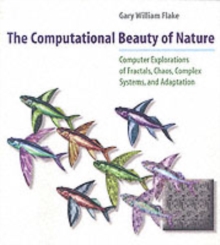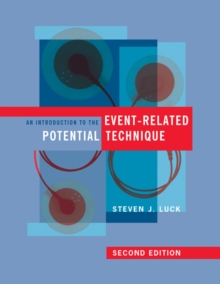
Cognitive Carpentry : A Blueprint for How to Build a Person PDF
by John L. Pollock
Part of the A Bradford Book series
Description
A sequel to Pollock's How to Build a Person, this volume builds upon that theoretical groundwork for the implementation of rationality through artificial intelligence. Pollock argues that progress in AI has stalled because of its creators' reliance upon unformulated intuitions about rationality. Instead, he bases the OSCAR architecture upon an explicit philosophical theory of rationality, encompassing principles of practical cognition, epistemic cognition, and defeasible reasoning.
In his groundbreaking new book, John Pollock establishes an outpost at the crossroads where artificial intelligence meets philosophy. Specifically, he proposes a general theory of rationality and then describes its implementation in OSCAR, an architecture for an autonomous rational agent he claims is the first AI system capable of performing reasoning that philosophers would regard as epistemically sophisticated.
A sequel to Pollock's How to Build a Person, this volume builds upon that theoretical groundwork for the implementation of rationality through artificial intelligence. Pollock argues that progress in AI has stalled because of its creators' reliance upon unformulated intuitions about rationality. Instead, he bases the OSCAR architecture upon an explicit philosophical theory of rationality, encompassing principles of practical cognition, epistemic cognition, and defeasible reasoning. One of the results is the world's first automated defeasible reasoner capable of reasoning in a rich, logical environment.
Underlying Pollock's thesis is a conviction that the tenets of artifical intelligence and those of philosophy can be complementary and mutually beneficial. And, while members of both camps have in recent years grown skeptical of the very possibility of "symbol processing" AI, Cognitive Carpentry establishes that such an approach to AI can be successful.
A Bradford Book
Information
-
Download - Immediately Available
- Format:PDF
- Pages:354 pages
- Publisher:The MIT Press
- Publication Date:01/01/2003
- Category:
- ISBN:9780262281751
Information
-
Download - Immediately Available
- Format:PDF
- Pages:354 pages
- Publisher:The MIT Press
- Publication Date:01/01/2003
- Category:
- ISBN:9780262281751










